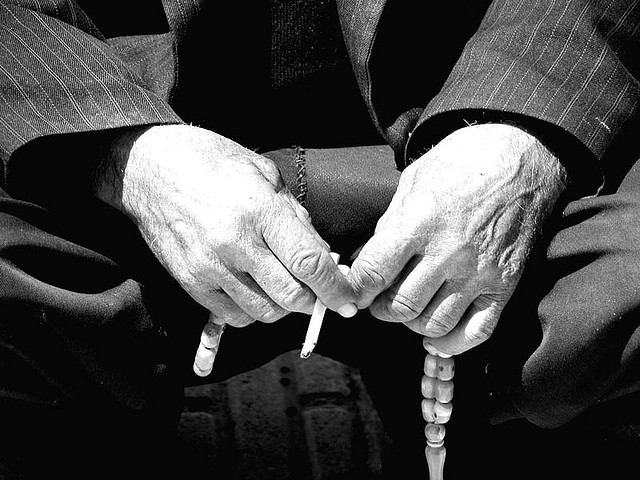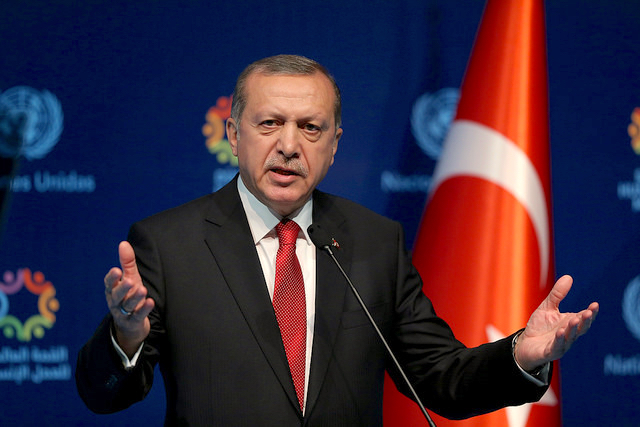I come from a Pakistani Deobandi family that venerates tasbih: short utterances in praise of Allah, marked off by a misbahah. Like many Muslims, I grew up with a mother that would assist me with challenges by locking herself in dhikhr. It used to frustrate me when I was younger, however, I have since grown to respect it.
Tasbih is not a uniquely Islamic practice. Readers will note that the misbahah sounds eerily similar to Eastern Orthodox prayer ropes and Roman Catholic rosary beads. My second and third-generation Orthodox and Catholic friends share my skepticism, but through them, I have also grown to respect the simplicity of the worship.
I am hesitant to condemn dhikhr because that would mean dismissing the intense feelings of benevolence and loyalty that often underpin it. Religion is not always ideological and violent. Tasbih is fundamentally an expression of mortal indignation and personal fragility. The invocations of Allahu Akbar allow the worshiper to simultaneously express their desires while surrendering to forces beyond their control.
This drive can become harmful very quickly, especially when it is circulated as an alternative to direct action. Tasbih isn’t the best way to liberate Afghan refugees in Pakistan, for instance, who require far greater social, economic, and political transformation. There is also the problem of “transactional tasbih,” which treats the invocations as a means of exchange.
Muslims set out to perform dhikhr in order to give Allah no choice but to behave a certain way, which is arguably blasphemy itself. 50 000 Allahu Akbar is seen as equal to one admission into medical school. 100 000 is the going rate for an acceptable marriage proposal. And so on. The misbahah becomes a kind of sacrificial altar, which contains prayers and trades them for divine favors.
This type of religious praxis has probably become widespread because it spares people mental breakdowns. After all, it allows them to believe that everything is fine, and that things are under control. Of course, this is a lie. The religious argument against it is that you can’t possibly know the will of Allah, so the time spent on elaborate rituals is time wasted. Broadly though, when transactional tasbih fails, it misleads devout Muslims into believing that they are personally at fault, rather than the entire idea of “divine lobbying” through sacrificial ritual being wrong.
It also interferes with tasbih’s best quality. Rosaries, prayer ropes, and misbahahs allow people to passionately express their pain and indignation at distressful conditions. Sometimes, it really is the most they can do, especially in the absence of political alternatives.
Secular modernists often despise “traditional” practices like this, however, there is a hidden wisdom to them. To paraphrase Theodor Adorno, there is far more truth in an Italian mother lighting a candle to St. Paul, and praying for her son in the trenches, than in her priests and Bishops rambling about the Church representing divine will.
Hers is a simple religion: one that accepts her inability to help her son while simultaneously expressing a deep yearning for his safety. “I know that I can’t help you, but I still hope that everything is going to be okay.” This is a quality of religious practice that should never be lost. It is an awareness and acceptance of personal frailty that does not even require a belief in supernatural powers. It may not speak on scholarly terms, but it is exactly what my mother means when she tells me to “trust in ALLAH SWT’s will.”
Photograph courtesy of Beshef. Published under a Creative Commons License.





